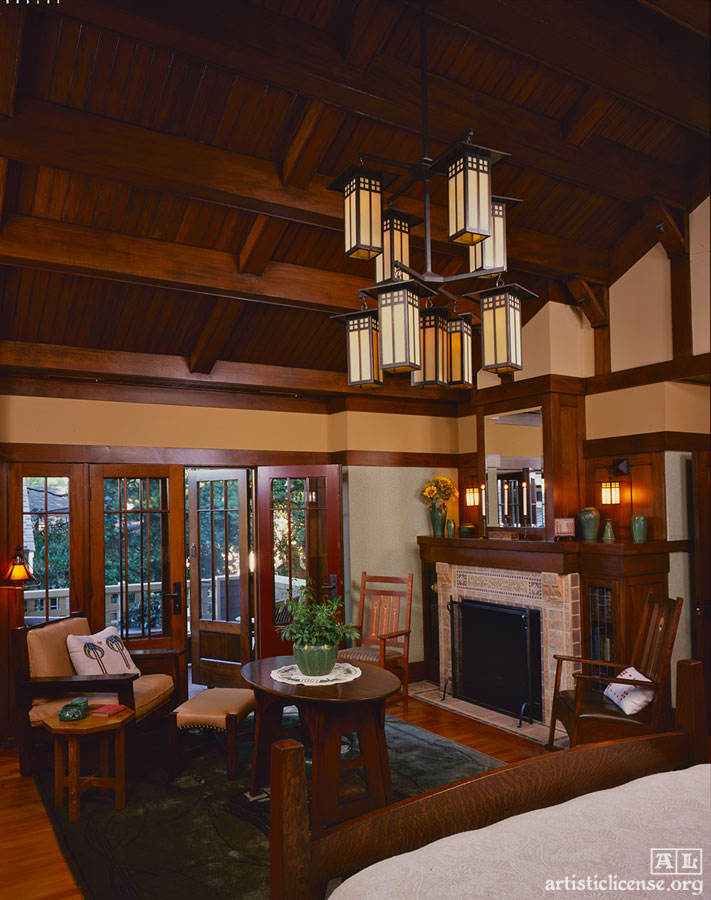


And my mother said, "How do you there's a road there?" He says, "Well there's fence posts on either side. And then came a day when it was raining all night and it was raining during the day, and the puddles got deeper and deeper until it was one puddle. My mother was a very good violinist although she had to change had to wash my diapers in an iron pot over an open fire. And nobody came to hear their concerts of Mozart and Hayden.

Average speed 20, 25 miles an hour bump, bump, bump in good weather slush, slush, slush in other weather. At the other end he had kind of a shelf that folded outside 'till it was horizontal and now he had a seven-foot bed for him and my mother. And my two brothers had little bunks at one end. It was four-and-a- five-and-a-half feet wide, 14-and-a-half feet long. It was a small trailer by modern standards but it seemed big to me then. And over a year and a half he built one of the world's first automobile trailers. he'd persuaded my mother to take their classical music down South. Pete Seeger: My father was a musicologist by profession. And throughout his life he put his music to use for the labor movement, the struggle for Civil Rights, the peace movement, environmentalism, and most recently, Occupy Wall Street. Pete Seeger has traveled the country and the world singing his songs.Īs he recalls, he had a very early start to the musical and peripatetic life he would lead. He was a founding member of The Almanac Singers and of The Weavers. A prolific songwriter, Pete is credited for igniting the folk revival in the 1950s. But for Seeger, as for Guthrie, music was a critical way to affect social change. With the banjo as his instrument, Pete went on to perform with Woody Guthrie, Bess Lomax Hawes, Lee Hays and many others. Born into a family of classical musicians, Pete discovered folk music through Alan Lomax and he never looked back.
This week, it’s Pete’s to turn to talk about himself and he opens up about his music and musical roots. Last week, we heard from folk legend and National Medal of Arts recipient, Pete Seeger as he shared his memories of fellow musician and good friend Woody Guthrie. Welcome to Arts Works, the program that goes behind the scenes with some of the nation’s great artists to explore how art works. Jo Reed: That’s Pete Seeger talking about the evolution of the song he co-wrote with Lee Hays, “If I Had a Hammer.” I don't try and sing my version of the song. And their version of that tune went all around the world. But Peter, Paul and Mary really improved my tune. So he sends four verses to me once and says, "Pete, do you think you can make up a tune for this?" I tried to make up a tune but it wasn't as good a tune as it should've been. And he'd sung in black churches and white churches and knew that some of the best songs just changed one word and you had a new verse. Pete Seeger: Lee Hays was the son of a Bap-Methodist preacher.


 0 kommentar(er)
0 kommentar(er)
